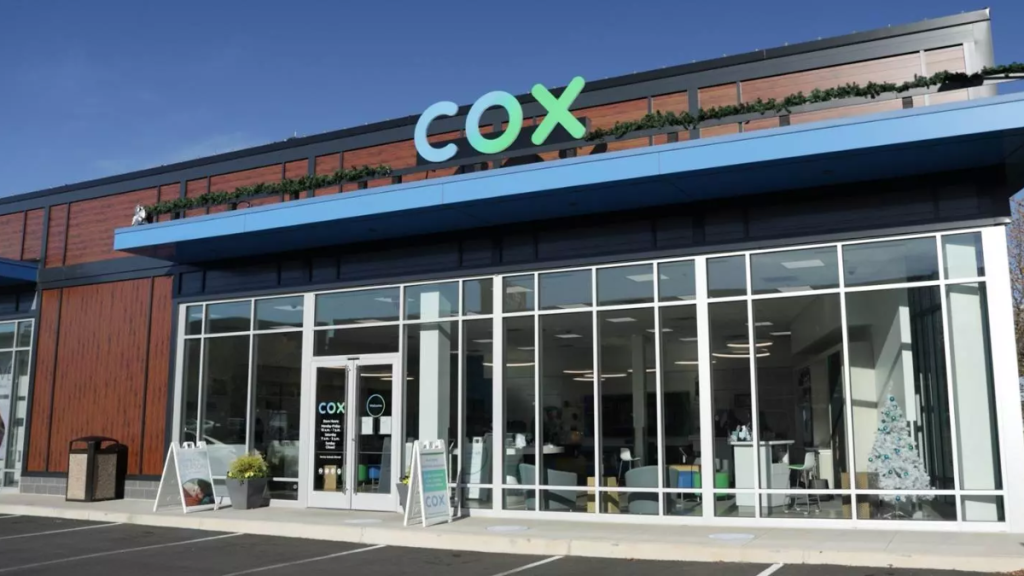
Photo Credit: Cox Enterprises
Cox Communications has filed a reply brief in the Supreme Court ahead of a November 22nd conference in Cox’s ongoing dispute with Sony Music Entertainment.
The legal dispute between internet provider Cox Communications and Sony Music Entertainment has culminated into Cox filing a reply brief in the Supreme Court yesterday (November 4). The brief is the final docket filing related to Cox’s petition to the court ahead of the scheduled November 22 conference to determine whether the Supreme Court will review the copyright infringement case.
“Plaintiffs do not dispute that the Fourth Circuit installed a copyright regime that requires ISPs to reflexively terminate the internet access of entire households and businesses upon a couple accusations of infringement, or that innocent users could lose their internet lifelines merely because a guest downloaded a couple of songs,” reads the filing.
“And they do not dispute that to avoid liability under the Fourth Circuit’s rule, ISPs must sever connections to hospitals, universities, and regional ISPs.”
However, Cox urges the Court to “resolve the confusion — and hold that ISPs are not required to police everything that happens online — before it is too late.”
“Plaintiffs cannot persuasively reconcile the three-way circuit conflict,” the filing continues. “And tellingly, they do not even address how the Fifth Circuit’s recent opinion in UMG Recordings v. Grande Communications […] deepens the morass.”
“Plaintiffs first claim that ‘a defendant acted willfully if he materially contributed to conduct the defendant knew was against the law,’ […] is logically wrong. If that defendant knew someone else was violating the law, but reasonably believed he was a bystander with no duty to stop that conduct, that is not ‘the definition of recklessness,’” Cox continues. “A defendant’s ‘good-faith, reasonable belief in the lawfulness of its own conduct’ forecloses recklessness, as Plaintiffs themselves admit.”
The ISP posits that Sony Music and other plaintiffs assert that “to avoid liability in this case, Cox needed to kick 57,000 homes and businesses off the internet over just a two-year period the moment each received a second infringement accusation.” To that end, “the music industry has brought or threatened the same claims against nearly every major ISP,” and yet “Plaintiffs dismiss the concern about ‘mass terminations’ as ‘overblown, misplaced, and hypocritical.”
The brief concludes, “This Court has neither the luxury nor the need for further ‘percolation.’ Sony was decided 40 years ago [and] since then, the lower courts have diverged on what those foundational precedents require, and how they should apply to the modern internet. Percolation will only make it worse. And in the meantime, ISPs will have to cut entire homes and businesses off the internet any time the music industry accuses some anonymous user of downloading a song or two. Review is urgently needed.”
The scheduled conference on November 22 will determine whether the Supreme Court will review the case at Cox’s behest, or whether the ISP will remain liable for copyright infringement across its network.


Leave a Reply
You must be logged in to post a comment.